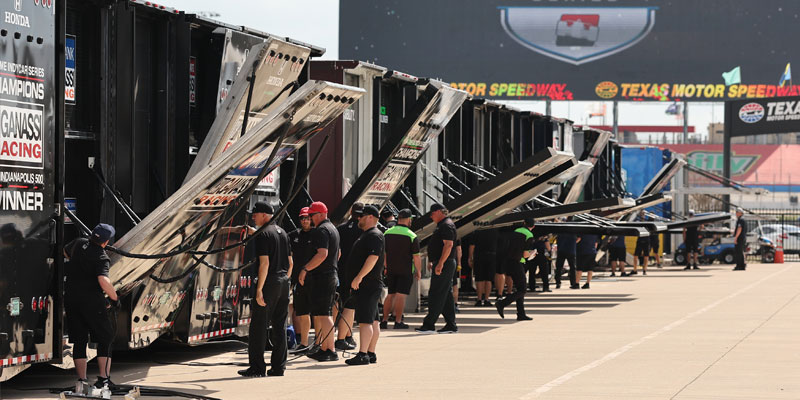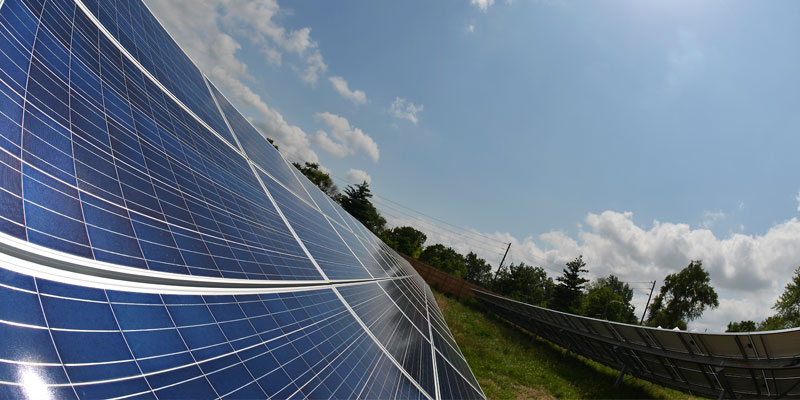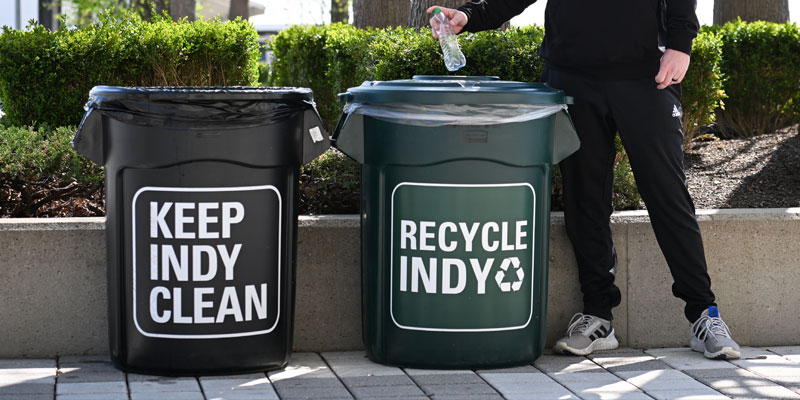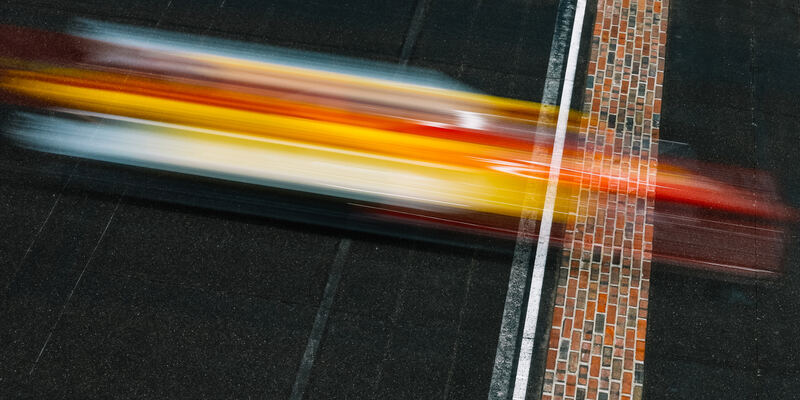

Racing Toward Zero
Sustainability Initiatives of IMS

Our 2030 Targets
Reduce event operations emissions by 85%
Continue sourcing 100% renewable electricity for all facility operations
Achieve 90% waste diversion at all IMS events

Emissions
Indianapolis Motor Speedway is committed to reducing emissions from event operations by 85% by 2030. Since 2025, IMS has used renewable fuels in fleet vehicles and heavy machinery, with plans to expand to additional operational equipment, including generated power.
To help reduce fan travel emissions, IMS invests in alternative transportation options, including bike parking at key entrances, sponsorship of Bike to the 500 and shuttle services. Fans also can balance their travel impact through Chooose, a carbon-offset platform available when purchasing or renewing tickets to IMS events.

Energy
Indianapolis Motor Speedway sources 100% renewable electricity for all purchased power. IMS continues to invest in smart infrastructure and energy efficiency upgrades, including LED lighting and HVAC systems throughout the venue. IMS is also home to the largest solar array on a sports campus in the world, with nearly 40,000 solar modules that produce enough electricity to power 1,100 homes in the community.

Waste Diversion
IMS is working toward 90% waste diversion at all events by 2030, reducing greenhouse gas emissions and limiting contribution to landfills. Through recycling, composting, food recovery and donations, IMS is actively minimizing its waste footprint.
Waste Diversion Facts
Recycling
In 2025, IMS recycled 381 tons of materials from events and operations, preventing landfill waste.
Composting
IMS composted 28 tons of event-based food waste and operational yard waste in 2025
Food Recovery and Donations
IMS works with local food recovery partners to support the community with food donations after marquee events.

Did you know?
Sitting on 1,000 acres, IMS is home to more than 196 plants and 57 animal species.

Accelerating Change
In 2023, Penske Entertainment, parent company of the NTT INDYCAR SERIES and Indianapolis Motor Speedway, developed its first sustainability report. Learn more about how IMS’ journey to reduce waste and become more energy efficient began.
